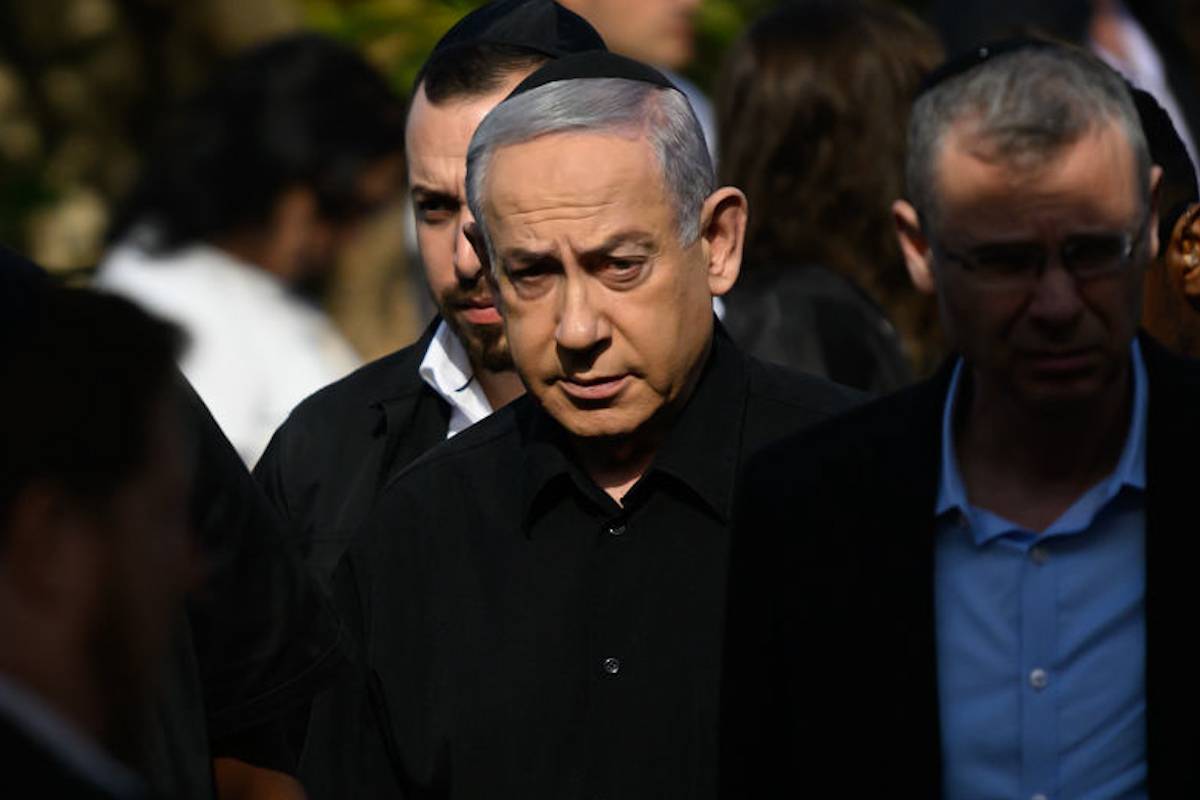The recent developments surrounding Israeli Prime Minister Benjamin Netanyahu‘s decision to send a delegation to Washington to discuss alternatives to the potential military invasion of Rafah in southern Gaza have sparked significant international attention and concern. Let’s delve into the details of this critical situation and explore the implications of these discussions on the ongoing conflict.
Understanding the Context
Israeli Prime Minister Benjamin Netanyahu’s agreement to send a senior delegation to Washington comes in the wake of escalating tensions over the proposed military invasion of Rafah in southern Gaza. This decision follows intense discussions between President Joe Biden and Netanyahu, highlighting the urgency and complexity of the situation. The focus of these talks revolves around finding a viable alternative to a major ground operation in Rafah, a city where over a million displaced Palestinians are seeking refuge.
Challenges and Concerns
The prospect of a military invasion in Rafah has raised significant concerns about the humanitarian crisis in Gaza, the safety of innocent civilians, and the potential repercussions of such a move. National security adviser Jake Sullivan emphasized the risks associated with a ground operation, citing the possibility of increased civilian casualties, exacerbation of the existing humanitarian crisis, and further isolation of Israel on the international stage. The urgency to address these challenges underscores the critical nature of the discussions between the U.S. and Israeli delegations.
Proposed Alternatives and Strategies
As the U.S. and Israel engage in dialogue to explore alternatives to a ground invasion in Rafah, the focus shifts towards targeting key Hamas elements in the region and securing the Egypt-Gaza border without resorting to drastic military measures. President Biden’s call for a senior interagency team composed of military, intelligence, and humanitarian officials to visit Washington aims to facilitate a comprehensive discussion on a more strategic and sustainable approach to addressing the security concerns in Rafah.
International Response and Diplomatic Efforts
The international community closely monitors the developments surrounding the Rafah situation, emphasizing the need for a coordinated and diplomatic resolution to prevent further escalation of the conflict. The involvement of key stakeholders, including the U.S., Israel, and Egypt, underscores the importance of multilateral efforts to address the security challenges in the region while prioritizing the protection of civilian lives and humanitarian assistance.
Humanitarian Considerations and Global Impact
The decision to send a delegation to Washington reflects a pivotal moment in the ongoing conflict, highlighting the critical need to balance security concerns with humanitarian considerations. With millions of displaced Palestinians in Rafah facing uncertainty and vulnerability, the discussions between the U.S. and Israeli officials carry profound implications for the well-being of those affected by the conflict. The international community’s response to this situation will shape the future trajectory of the conflict and the prospects for peace and stability in the region.
What is the rafah invasion and why is it controversial
The Rafah invasion refers to Israel’s plans to expand its military actions into the city of Rafah in southern Gaza, where over 1 million Palestinians have sought refuge amid the ongoing conflict with Hamas. This military offensive is controversial due to several key reasons:
- Humanitarian Concerns: The invasion raises significant humanitarian concerns as it could severely impact the flow of humanitarian aid into Gaza, where essential supplies are already scarce. The densely populated city of Rafah has become a refuge for a large number of displaced Palestinians, and any military operation there could lead to civilian casualties, starvation, disease, and a humanitarian catastrophe.
- Evacuation Challenges: While Israel has indicated the need for civilians to evacuate the area before an incursion, there are significant challenges in ensuring a safe and orderly evacuation that complies with international law. The lack of assurances for the safety of evacuees, the absence of clear destinations for displaced individuals, and Egypt’s refusal to allow Palestinian refugees to cross its border pose serious obstacles to a successful evacuation.
- International Response: The prospect of an Israeli incursion into Rafah has sparked widespread alarm globally, with concerns raised by key allies such as the United States, Britain, Germany, and others. Leaders from various countries have emphasized the need to protect civilians and prevent further escalation of the conflict in Gaza. The international community’s calls for ensuring the safety of displaced populations highlight the gravity of the situation.
- Strategic Significance: Rafah holds strategic importance as it serves as a crucial border crossing between Gaza and Egypt, facilitating the movement of people and essential supplies. Any disruption in this area could have far-reaching consequences on aid operations and exacerbate the already dire humanitarian conditions in Gaza.
The Rafah invasion is controversial due to its potential humanitarian impact on civilians, challenges related to evacuation procedures, concerns raised by global leaders about protecting vulnerable populations, and the strategic significance of Rafah as a vital lifeline for aid delivery in Gaza.
Conclusion
In conclusion, Netanyahu’s initiative to send a delegation to D.C. to discuss alternatives to a potential military invasion in Rafah underscores the complexities and challenges inherent in the Israeli-Palestinian conflict. The upcoming discussions between U.S. and Israeli officials present a crucial opportunity to explore diplomatic solutions, mitigate humanitarian risks, and chart a path towards a more sustainable and secure future for all parties involved. As the world watches these developments unfold, the importance of dialogue, cooperation, and empathy in resolving conflicts of this nature becomes increasingly evident.

